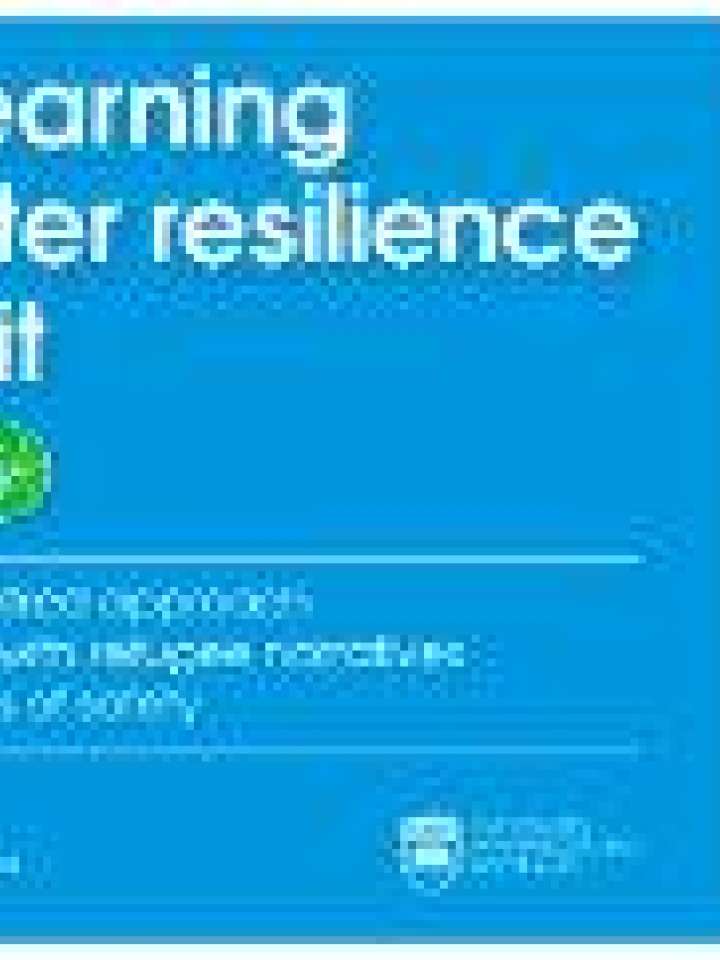Co-learning disaster resilience toolkit: A person-centred approach to engaging with refugee narratives and practices of safety
This toolkit aims to strengthen the preparedness and resilience of refugees and humanitarian entrants to natural hazards in Australia. It describes a 'co-learning disaster resilience' approach, which is a systemic process for informing, engaging and partnering with people based on their unique life experiences, strengths, challenges and needs. Co-learning disaster resilience can contribute to grounding policy, programs and services in people’s lived experiences and everyday practices for feeling safe and secure. It is hoped this person-centred approach can spark innovations in the design and implementation of collaborative, accountable, responsive and empowering (CARE) programs and services with refugee and humanitarian entrants.
This toolkit has been primarily written for caseworkers in humanitarian settlement and multicultural services, and community outreach staff in local emergency services and city councils. It will also be useful to humanitarian volunteers and community mobilisers working with displaced people in a range of contexts worldwide. Future work can extend this person-centred approach by engaging with people who are temporarily or permanently displaced and living in varied conditions – in shelters, camps, vehicles, or on the streets.
This toolkit is the result of a collaborative research project, Resilient Together: Engaging the knowledge and capacities of refugees for a disaster-resilient Illawarra, conducted by the University of Wollongong, Australia with Illawarra-wide institutions, councils and communities in 2017. Through 26 in-depth interviews with people from Burma, Congo, Iran, Iraq, Liberia, Syria and Uganda – currently living across the Illawarra region of New South Wales, Australia – the project adopted a person- centred approach to mapping refugee narratives and practices for disaster resilience.
Explore further
